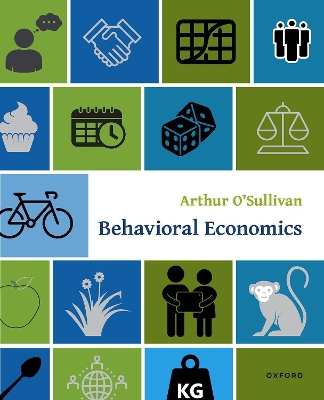The text is designed as the main text for an undergraduate course in Behavioral Economics, which is a growing course for students of economics at the undergraduate level. The presentation is grounded in microeconomics and traditional economic models to discuss observed human behavior. The book presents models that show the trade-offs between material benefits and social concerns. The models incorporate social concerns such as altruism, guilt, exploitation, fairness, and cognitive dissonance. Unlike many other books on behavioral economics, the text is not a catalog of human quirks. Although the book highlights all sorts of observed behavior that appears irrational and misguided, it doesn't stop there. It examines the possible motives for the puzzling behavior. For many misguided and regrettable choices, we highlight actions taken to control the behavior and mitigate the damage. We use the insights of anthropologists and economists to explore the role of natural selection in shaping human thinking and behavior. A decision that appears irrational today may be understandable in the context of millions of years of natural selection. Recent work explores the role of natural selection in (i) loss aversion, (ii) the endowment effect, (iii) time preferences, and (iv) responses to the free-rider problem.
- ISBN10 0197515924
- ISBN13 9780197515921
- Publish Date 16 August 2022
- Publish Status Active
- Publish Country US
- Imprint Oxford University Press Inc
- Format Paperback (US Trade)
- Pages 472
- Language English
